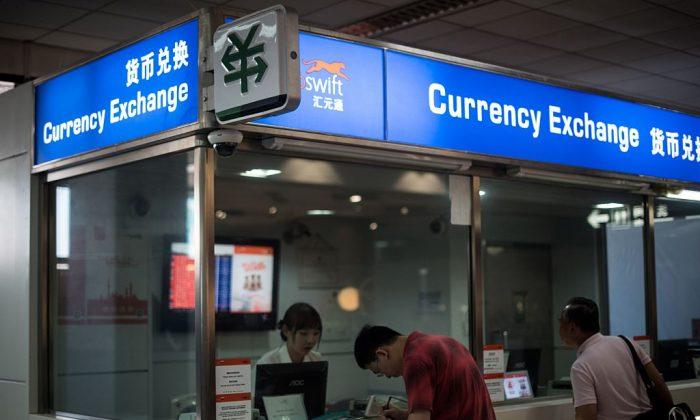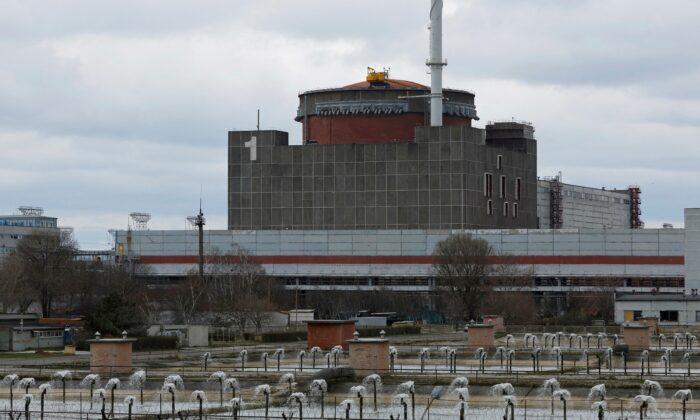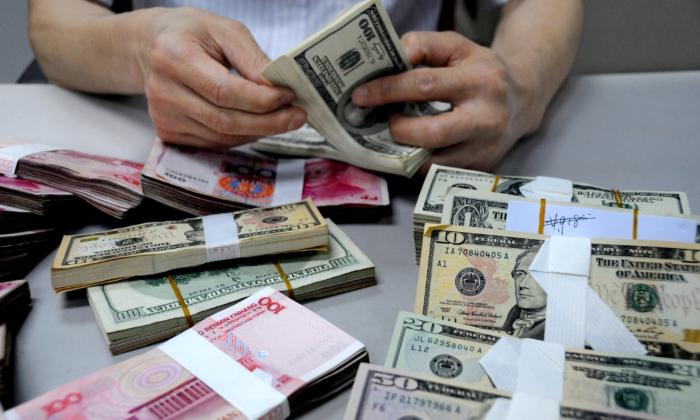Hong Kong is seeing an omen of economic retreat in the first quarter of this year, with foreign exchange funds at an never-seen loss of $7.2 billion from two years ago, and the GDP devalued by 4 percent.
Hong Kong Monetary Authority (HKMA) on May 3 said that in the first quarter of 2022, the unaudited exchange funds lost HK$55 billion (about $7.2 billion), a deficit for the first time since 2020.
On the same day, at the meeting of the Hong Kong Legislative Council, HKMA confirmed that all the declared investments suffered a loss, including: Hong Kong stocks lost HK$9.4 billion ($1.2 billion), surpassing last fourth quarter’s loss of HK$72 billion (about $9 billion); other stocks lost HK$24.6 billion ($3.2 billion); and bonds lost HK$34.7 billion (about $4.5 billion).
The exchange fund for the first quarter did not include other investments, such as private equity and real estate. If incorporate interest and other expenses were added, the net loss of the exchange fund would reach HK$56.6 billion (about $7.4 billion).
Besides the persistent threat of COVID-19 in Hong Kong, a global economic hub, its financial market was impacted by the Russia-Ukraine war, as well as the shock of the Fed’s interest rate hike on the liquidity of the U.S. dollar and the global economy, among which capital was flowing out of Hong Kong, said Eddie Yue, president of the HKMA, at the meeting.
However, Howard Lee, senior executive director of the HKMA, suggested that the performance of a single quarter should not be the sole focus in explaining the losses of the Exchange Fund given that the exchange fund is used for long-term capital reserves and value-added.
Looking back at the statistics for the past three years, Hong Kong’s annual income of the exchange fund from 2019 to 2021 shows a gradual downward trend, having fallen from HK$262.2 billion (about $34 billion) in 2019 to an unaudited HK$191.3 billion (about $24.9 billion) in 2021.

But if the CCP will gradually abandon its “dynamic zero-COVID” policy next year, China’s 2023 GDP growth could be expected to get to 5.2 percent from 5.1 percent, assumes Fitch Ratings.
This downgrading reflects the ripple effect of Beijing’s anti-pandemic policy on Hong Kong. Fitch Ratings said.





